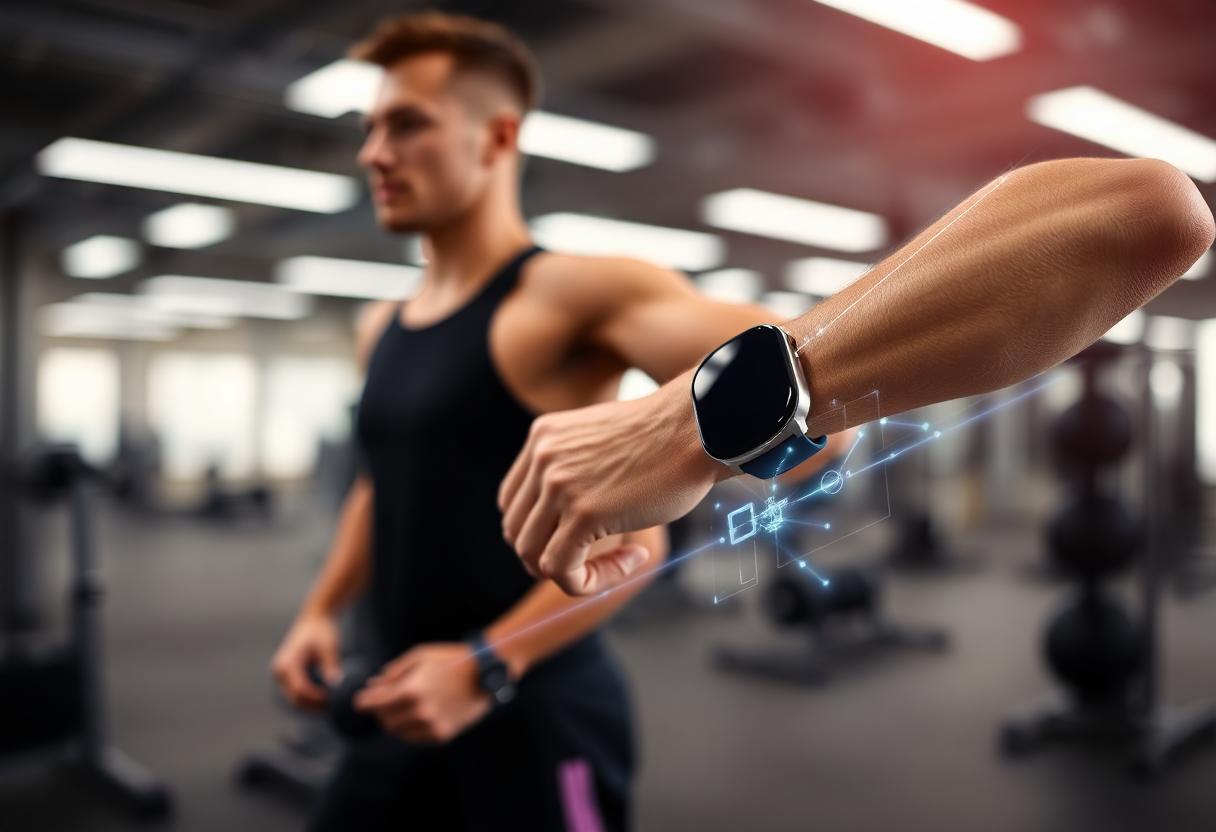AI is increasingly becoming a part of our lives, and although it may sometimes seem like a solution to a non-existent problem, it is already offering useful tools in the fitness industry. By 2025, there is expected to be a boom in AI-based fitness apps and devices. Currently, AI analyzes data to personalize workout and nutrition plans, adapting to individual progress and maximizing effectiveness. Apps also provide tailored nutritional advice, acting as virtual nutritionists.
Enjoy:
- Over 60 AI tools to create quality content
- More time for creativity, stress-free
- Impactful content that attracts readers and visitors
All with just one click.
Wearable devices monitor real-time performance, offering immediate feedback. However, integrating AI into everyday life may become increasingly invisible, but there is a risk of excessive dependence on these technologies. It is important to use AI as a tool to improve health and well-being without losing confidence in one’s own judgment.
The Rise of AI in Fitness: A Glimpse into the Future
The rise of AI in fitness is providing a glimpse into the future of personalized health and wellness. With a predicted boom in AI-based fitness apps and devices by 2025, these technologies are already proving to be valuable tools in the present. AI is currently analyzing data to customize workout and nutrition plans, adapting to individual progress and maximizing the effectiveness of workouts. These apps also offer tailored nutritional advice, acting as virtual nutritionists. Wearable devices monitor real-time performance, providing immediate feedback. As AI integration becomes increasingly seamless in everyday life, there is a risk of excessive dependence on these technologies. It is important to utilize AI as a tool to enhance health and well-being without losing confidence in one’s own judgment.
From Data to Dumbbells: How AI Customises Your Workout Regimen
AI is revolutionizing the fitness industry by customizing workout regimens based on individual data. By analyzing a person’s progress and preferences, AI algorithms can tailor fitness plans to meet specific goals and maximize effectiveness. Whether it’s adjusting the intensity of exercises, suggesting new routines, or providing real-time feedback, AI technology ensures that workouts are personalized and optimized for each user. This level of customization goes beyond what a traditional trainer can offer, as AI can process vast amounts of data and adapt the regimen accordingly. With AI’s ability to continuously learn and improve, it has become an invaluable tool in crafting personalized workout plans that cater to individual needs and preferences.
Balancing Act: Leveraging AI Without Losing Personal Insight
As AI becomes increasingly integrated into our daily lives, it is crucial to strike a balance between leveraging its capabilities and maintaining personal insight. While AI can provide valuable tools in the fitness realm, there is a risk of excessive reliance on these technologies. It is important to remember that AI should be used as a tool to enhance health and well-being, rather than completely replacing personal judgment. By utilizing AI to personalize workout plans and nutrition advice, individuals can benefit from tailored guidance and maximize the effectiveness of their fitness routines. However, it is essential to retain confidence in one’s own intuition and not become overly dependent on AI, ensuring that personal insight remains a key component in achieving fitness goals.
As AI continues to shape the fitness industry, it holds the potential to revolutionize how we approach our health and well-being. From personalized workout plans to real-time performance monitoring, the possibilities are endless. However, as we embrace these advancements, it is crucial to strike a balance between leveraging AI’s capabilities and maintaining our own intuition and self-trust. As we move forward, it is worth considering how much reliance on technology is too much, and where the line should be drawn for preserving our personal insight.
